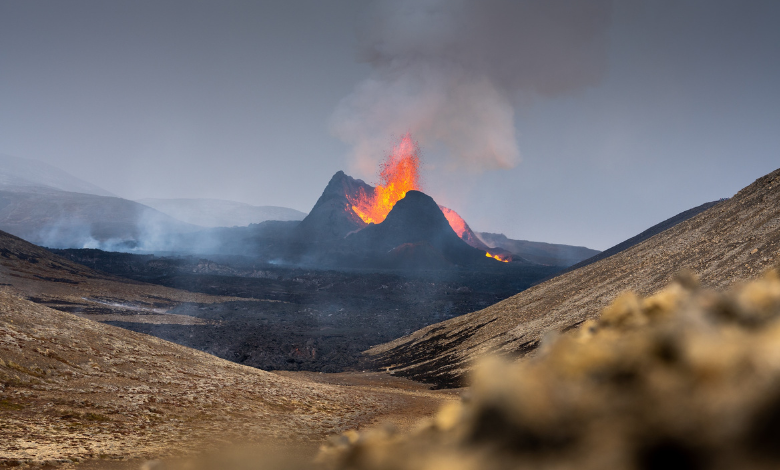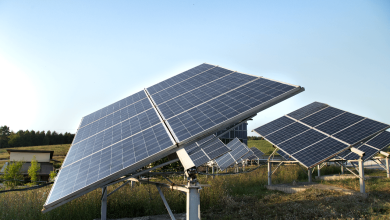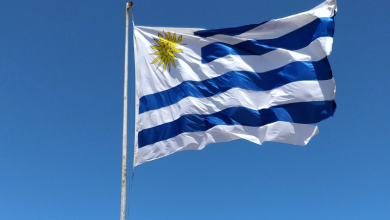Iceland Volcano: Exploring Impact Of Eruptions On Climate Change

Iceland’s meteorological office has raised concerns over pollution from an eruption that started on Monday hitting the capital Reykjavik. The development comes after several days of intense earthquakes and tremors, putting people of the country on the edge.
The eruption broke out on the Reykjanes peninsula of southwest Iceland. Last month, roughly 4,000 residents of Grindavik, a fishing town threatened by the lava flow, had to evacuate. An Icelander living near Grindavik said she could still see the eruption on Tuesday.
Climate Change Policies Are A Scam?
The country has been braced for volcanic activity for weeks. Since October, the region around the capital has been encountering an increase in seismic activity. The eruption can be seen from Reykjavik, located about 42 km northeast of Grindavik.
Nonetheless, in the last few days, some social media users have been falsely claiming that the natural disaster will burst more carbon dioxide into the atmosphere than every man-made emission in the past decade.
“Yet your government will tell you that you are the problem for taking your kids to school with your gasoline car,” replied one user on a post on X, previously known as Twitter, claiming climate change policies are a scam.
Volcanoes can spew colossal billowing ash clouds and toxic fumes. But they can’t be compared to human-induced emissions. The Deep Carbon Observatory program noted in 2019 that humans emit roughly 40 to 100 times more CO2 each year than all the volcanoes on Earth.
Here’s Comes The Most Significant Question
But do eruptions still have an impact on global emissions? Yes. The natural phenomenon that lasts several days can temporarily affect the climate. Volcanic gases like sulphur dioxide can cause global cooling, and volcanic carbon dioxide can promote global warming.
Read More: How Many People In The US Have Become ‘Climate Migrants’?
But the events do not have as much notable long-term impact as man-made emissions, as per the Intergovernmental Panel on Climate Change. Large explosive eruptions are rare, but humanity’s emissions never stop and are increasing every year.



